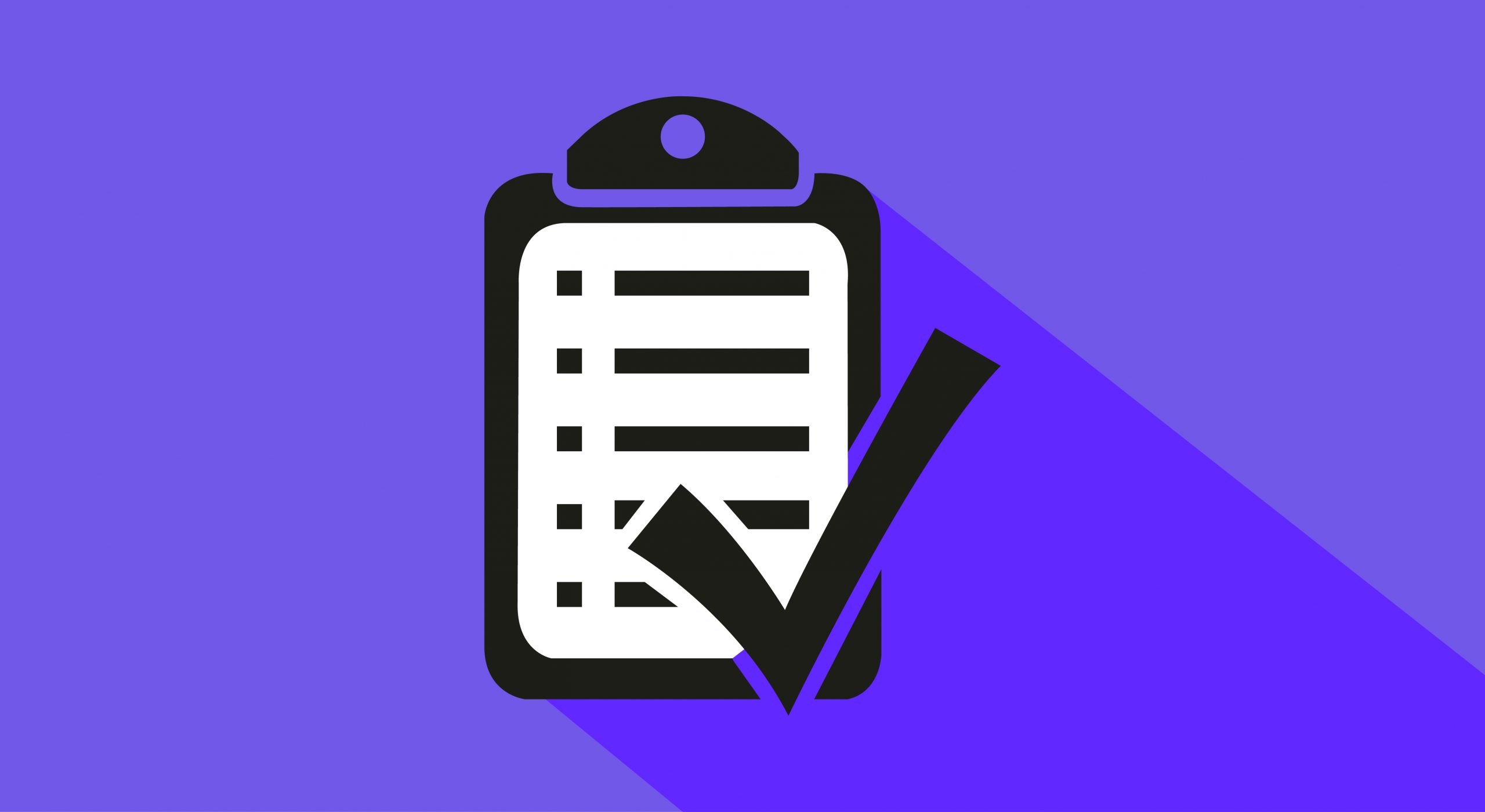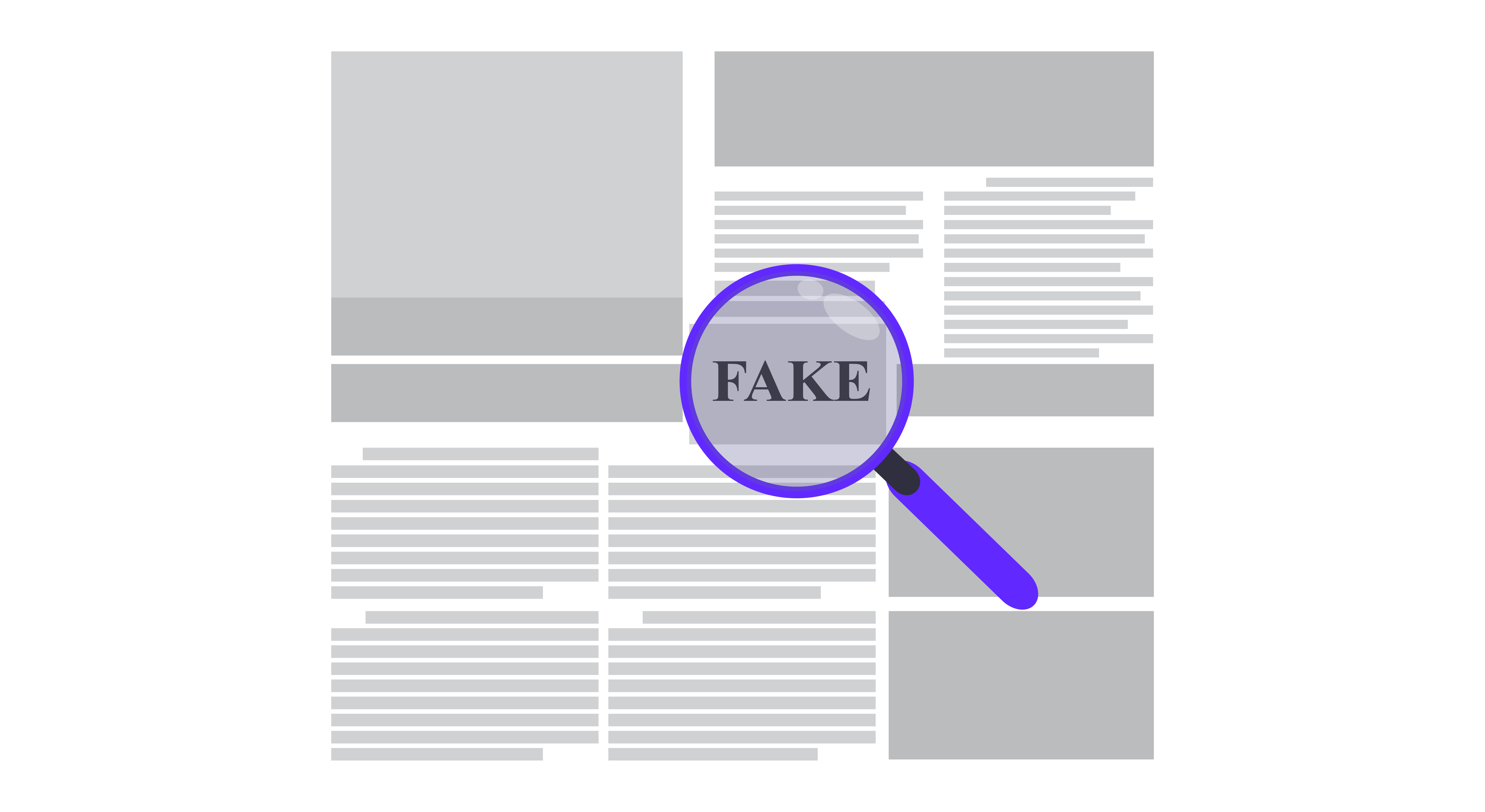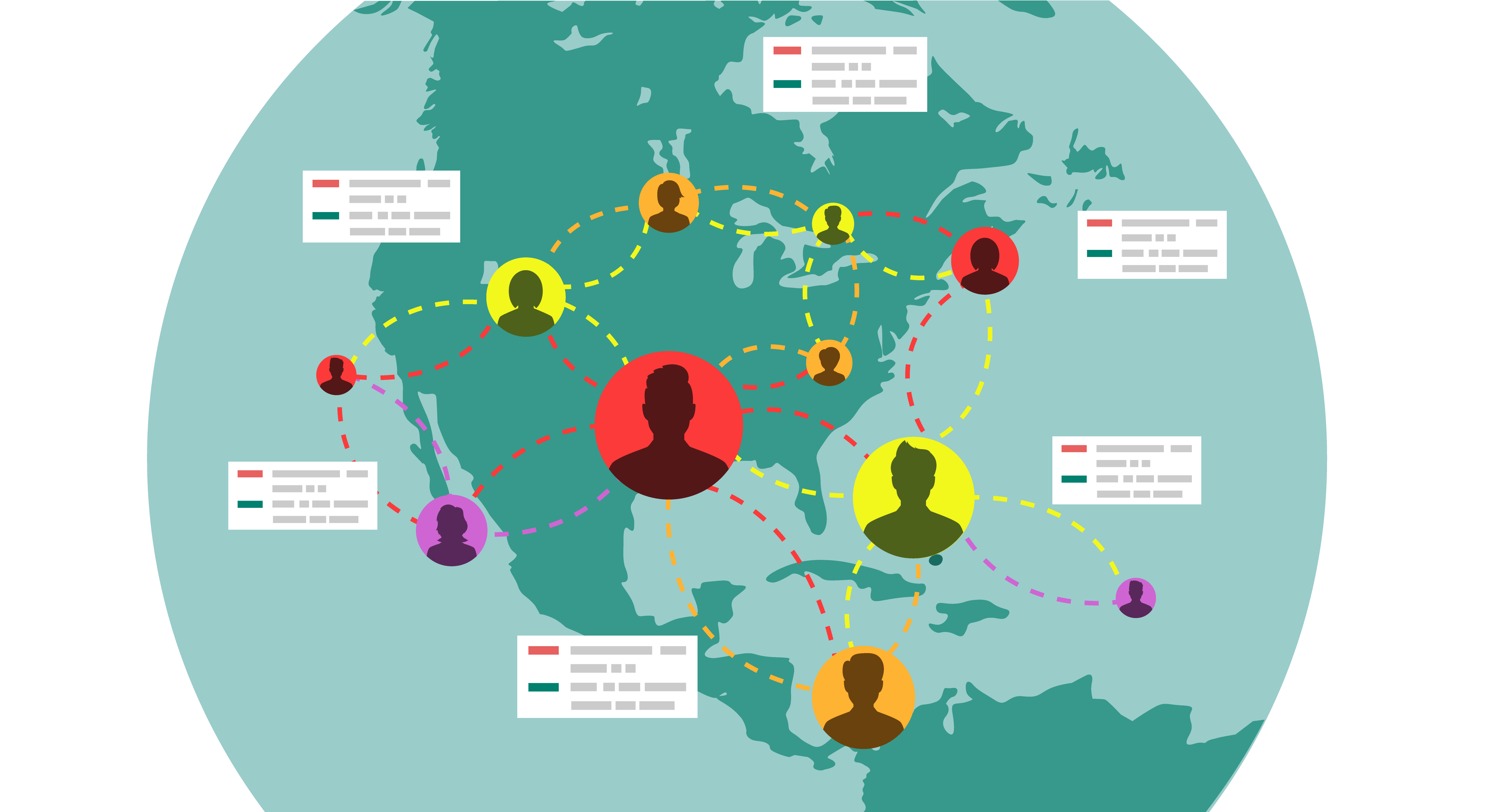Many think that privacy of personal information is a concept that emerged in the Internet era. It is not, it is notorious though, the growing relevance that data security acquired with communication technologies.
Privacy is the claim of individuals, groups or institutions in order to determine when, how and to what extent their information is communicated to others”
Alan F. Westin in Privacy and Freedom 1967
Privacy and data security are two different concepts. Marri Beth Labagnino explains how your data can be secure without actually being private: in an enterprise network the administrators of this network can have the most robust system in the world, but they themselves can actually read everything.
However, it is not possible to have privacy without security: sharing data on a network that has gaps is a direct threat to both the integrity of that data and the right of the owners to use it.
Privacy conflicts and data security
Currently, there are several problems related to the privacy of data in Internet services.
Big Data grows rapidly
- 2.5 trillion bytes of data are produced every day, according to Forbes magazine, and that amount has not yet reached the growth of the Internet of Things.
- It is possible that each of the 3.7 billion people online in the world already generates an average of 1.7 MB per second
- The exponential growth of the amount of available data poses challenges in safeguarding all this information
Ensuring data privacy costs money
- Organizations and companies must provide resources especially for data protection. Some technologies are imperative in terms of security, including: backups, which enable recovery in the event of an accident or hacking.
- If there is a major security breach, companies spend millions of dollars to compensate for damages.
There are many vulnerabilities detected in computer systems
- The CVE database, specializing in digital security breaches, reported 15,000 vulnerabilities in 2017. This figure represents a growth of 56% compared to the previous year. It is not risky to say that vulnerabilities grow every year and not all teams are up to meeting that demand.
The Internet of Things (IoT) and contemporary technological trends bring new challenges
- Sellers do not always keep security patches updated for their devices, which still trigger sales.
- It will be increasingly necessary to thoroughly monitor the network you use to share your information and access services.
Humans make mistakes
- Analysts identify preventing human error as the main challenge for data protection.
- Many employees, including some in charge of monitoring security systems, still use weak passwords, accidentally delete files, are victims of phishing and scams or visit websites with dubious cookie policies.
General Data Protection Regulation in Europe
The General Data Protection Regulation (GDPR) is the most advanced legal instrument regarding data protection and security in a region or group of countries. Even some of the countries of the European Union also have laws adapted to their own context.
This Regulation has succeeded in removing legal impunity from large technology companies that profit from user data without their consent, or even the slightest notification.
Increasingly, the online tools used by millions of people (virtual stores, social networks, search engines) must implement “patches” on security breaches or modify their data protection policies for the benefit of the user, at the expense of being demanded by millions of dollars or risking losing their influence in a region as developed as Europe.
FySelf complies with the GDPR. In fact, its own essence involves a transparency and participation of the person during the processing of their data never seen by the world before.



